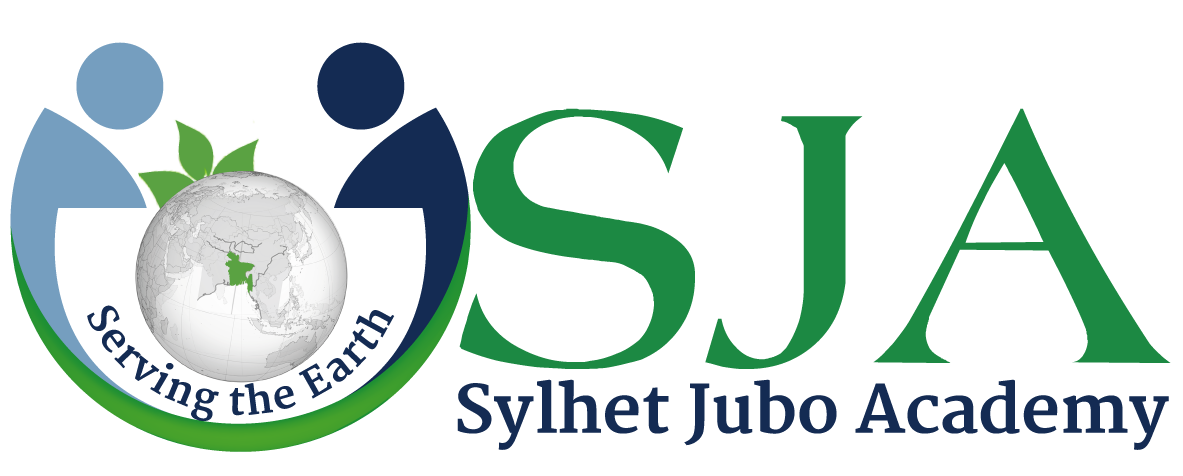
Preprimary Education for Slum Children in Sylhet.
জুলাই ১৩, ২০১৬ , ৫:৩১ অপরাহ্ণ
Pre-primary education plays a pivotal role in laying the foundation for lifelong learning and development. It provides children, particularly those from marginalized communities, with opportunities for early schooling that shape their future academic performance and social-emotional growth. As the first step in a child’s learning journey, it supports early brain development through play-based approaches while ensuring physical, emotional, and cognitive readiness before entry into formal primary education. By nurturing curiosity, confidence, and essential early skills, pre-primary education enables children to adapt smoothly to the school environment.
Quality pre-primary education also contributes to reducing dropout rates by addressing learning gaps and social barriers before children transition into mainstream institutions. This early intervention is especially significant for children from disadvantaged and low-income families who often face challenges such as poverty, lack of parental education, or limited access to learning opportunities. By bridging these gaps, pre-primary education promotes equal access to schooling and leads to improved long-term academic outcomes. In line with this vision, Sylhet Jubo Academy has been implementing the project “Pre-primary Education for Slum Children of Sylhet” since 2019 with support from Muslim Charity UK.
Project Introduction
Sylhet Jubo Academy (SJA) has been implementing the project “Pre-primary Education for Slum Children of Sylhet” since 2019 with the support of Muslim Charity UK. The initiative is designed to provide quality pre-primary education along with holistic development opportunities for underprivileged children aged 4–6 living in the Islampur slum area of Sylhet City. Beyond academic readiness, the project focuses on preparing children socially, emotionally, and intellectually for their future education while nurturing their confidence, creativity, and positive attitudes towards learning. In 2024, the Children’s Garden education center continued to serve as a safe and inclusive space where 70 children received pre-primary lessons through two daily shifts, operating five days a week. By prioritizing the educational needs of slum-dwelling families, the project is helping to reduce barriers to education and laying a strong foundation for disadvantaged children to thrive in their lifelong learning journey.
Project Progress and Key Achievements in 2024
The project made remarkable progress in 2024 in preparing slum-dwelling children for mainstream education by providing quality pre-primary learning opportunities. Alongside this primary goal, it focused on enhancing parental engagement through regular meetings, supporting child well-being with nutritious meals and hygiene kits, and improving teaching quality through targeted teacher training. These combined efforts ensured children not only developed early learning skills, confidence, and positive attitudes toward education but also benefited from a strong support system at home and in the classroom, creating a holistic environment for their growth and future success.
- Education Transition: By December 2024, 67 students successfully completed pre-primary education and enrolled in mainstream institutions. Each child received 5,000 BDT in financial support to reduce admission costs and ease initial educational expenses.
- Parental Engagement: 12 monthly meetings were organized with an average attendance of 70 parents per session, creating a strong platform for discussion, feedback, and guidance. These meetings enhanced parental awareness about children’s education, health, and social well-being.
- Student Support: At the beginning of the year, all students received school uniforms to encourage regular attendance. Throughout 2024, six nutritious food packs and four hygiene kits were distributed to support physical development and promote good hygiene practices.
- Teacher Development: A three-day teacher training program was conducted to enhance pedagogical skills and improve the quality of education delivered to the children.
Beneficiaries Reached: The project directly benefited 210 children and indirectly reached 963 community members, demonstrating its wide-reaching impact on slum communities.
